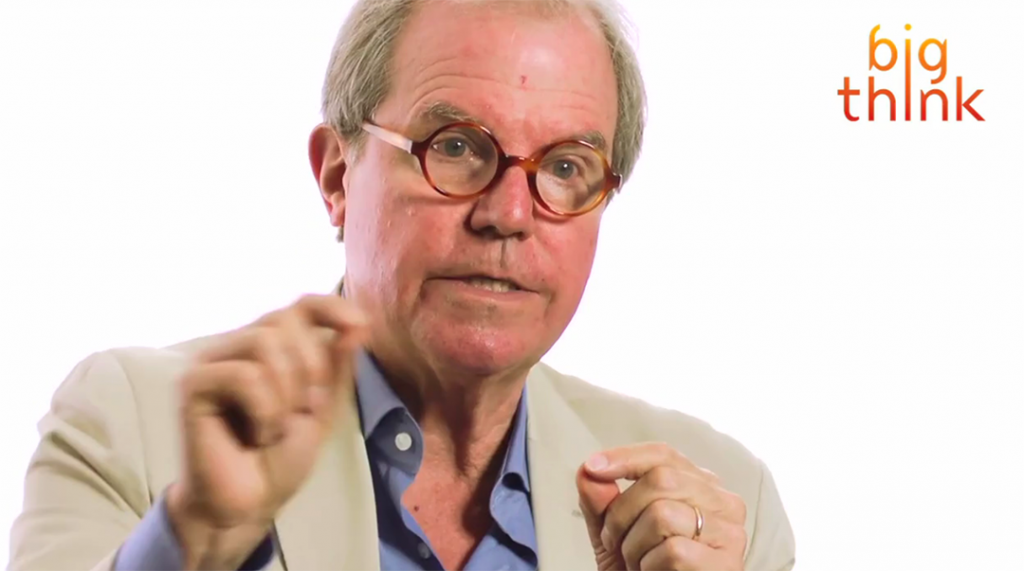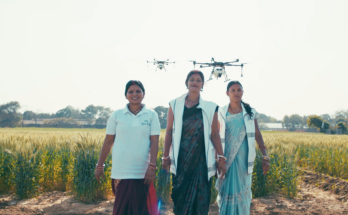by Darpan Sachdeva via Big Think

Big Think expert Nicholas Negroponte believes that access to education is a human right. He also believes that the internet is integral to a 21st century education. Therefore, access to the internet is a human right.
What constitutes a human right?
Abstractly, a human right is one that is inherent and inalienable to all human beings. They are the elements of social life any individual should reasonably expect to be granted solely for the fact that they are alive. According to the Universal Declaration of Human Rights, there exist thirty such elements ranging from the Right to Equality to Freedom of Religion to the Right to Rest and Leisure. Some are more abstract than others, some more integral to survival than the rest. Near the end of the list is the Right to Education, which is the focus of Big Think expert Nicholas Negroponte’s recent interview, featured today on this site and embedded below:
You’ll notice that Negroponte employs the transitive property to include an addendum to the Right to Education. In the 21st century access to the internet is inextricably linked to a proper, thorough education. Therefore, the internet is, or should be considered, a human right:
“And Internet access is such a fundamental part of learning that by extension it is almost certainly a human right and within a very short period of time it will be particularly because of those who don’t have schools, those who have to do their learning on their own. And for them Internet access is access to other people. It’s not so much the knowledge. It’s not the Wikipedia but it’s the connection to others, particularly kids to other kids – peer to peer learning. So yes, Internet access will be a human right. At the moment it’s edging up to it and probably not everybody agrees but they will shortly.”
It’s a fascinating argument that would no doubt ruffle the feathers of those who believe a list of essential human rights should be kept brief to preserve its magnitude. But if the avenue to self-betterment is one that mustn’t ever be obstructed, certainly the internet resides there. Negroponte goes on to propose and posit various ways to help people living in remote parts of the world obtain web access by way of geostationary satellites. It would “only” cost a couple billion dollars, which sounds like a lot, but Negroponte tosses out the argument that it’s less than what the world routinely wastes for more selfish endeavors. If the U.N. is really that dedicated to protecting and promoting human rights, they may want to look into Negroponte’s altruistic proposal.
 Darpan Sachdeva is the CEO and Founder of Nobelthoughts.com. Driven by a profound dedication to Entrepreneurship, Self-development, and Success over an extended period, Darpan initiated his website with the aim of enlightening and motivating individuals globally who share similar aspirations. His mission is to encourage like-minded individuals to consistently pursue success, irrespective of their circumstances, perpetually moving forward, maintaining resilience, and extracting valuable lessons from every challenge.
Darpan Sachdeva is the CEO and Founder of Nobelthoughts.com. Driven by a profound dedication to Entrepreneurship, Self-development, and Success over an extended period, Darpan initiated his website with the aim of enlightening and motivating individuals globally who share similar aspirations. His mission is to encourage like-minded individuals to consistently pursue success, irrespective of their circumstances, perpetually moving forward, maintaining resilience, and extracting valuable lessons from every challenge.


